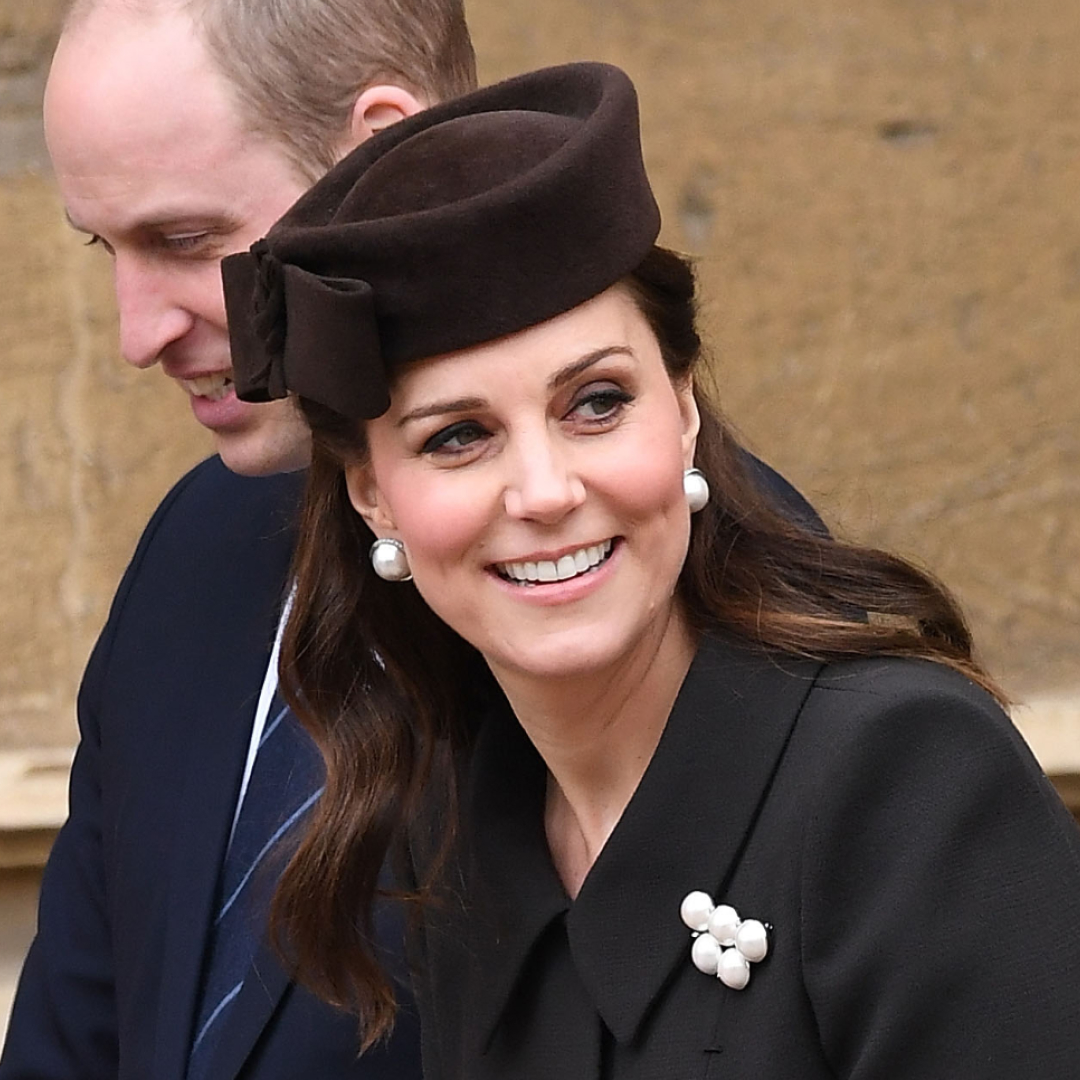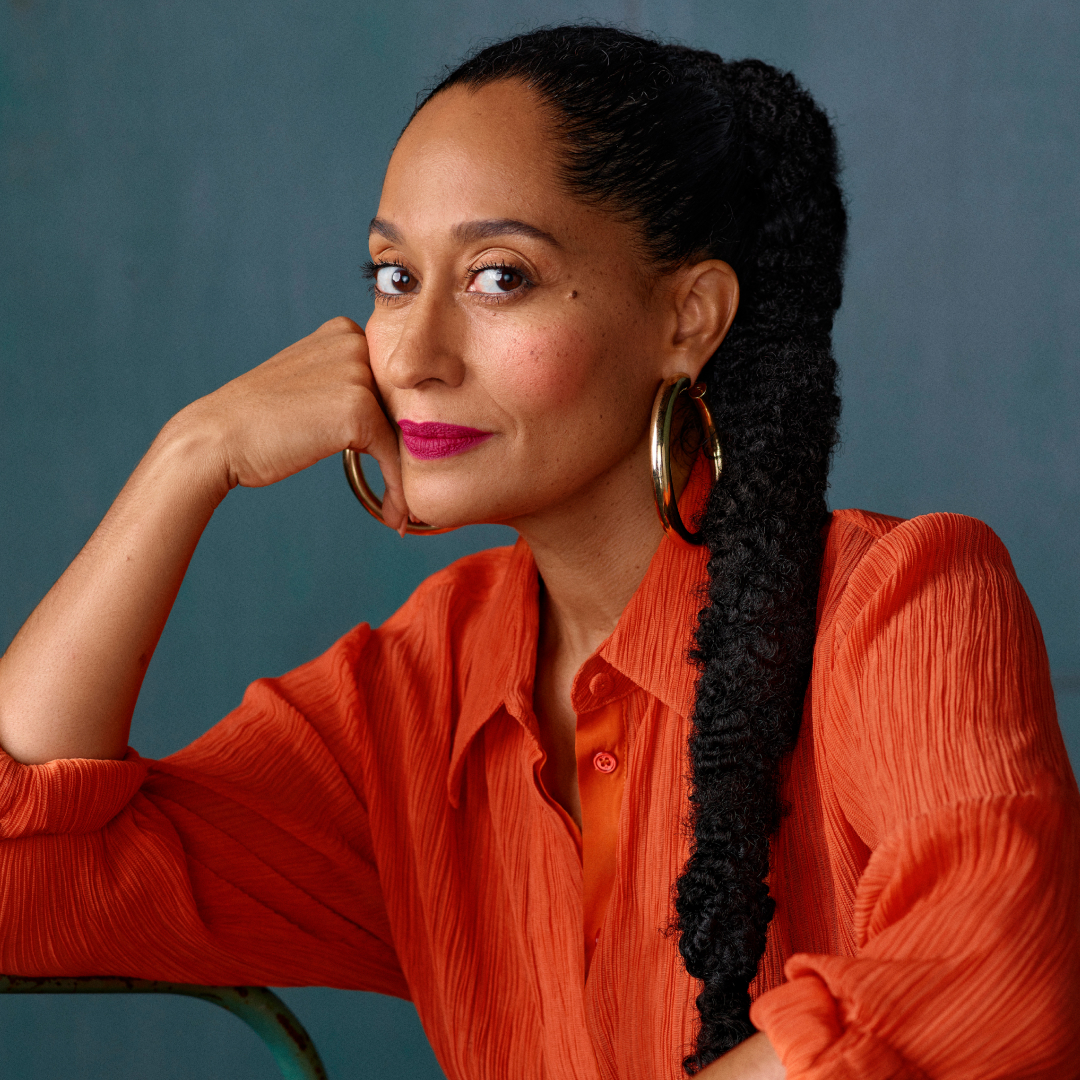What Are the Chances IVF Works?
IVF is one of the most common and most successful fertility treatment methods. Still there are a lot of factors that play into whether you'll have a baby at the end of the process, including maternal age, genetic testing, and number of embryos transferred.


It depends. “Following IVF, the chance of pregnancy is usually related to the age of the patient,” says Aaron K. Styer, M.D., reproductive endocrinologist and co-medical director of CCRM Boston. “Younger women are more likely to conceive and deliver a live baby than older women: Women who are 35 or younger have the best IVF pregnancy rates, whereas women who are older than 43 have the lowest IVF pregnancy rates.”
Because of that, younger women can transfer fewer embryos. But more factors than age help fertility doctors and patients decide the number of embryos to transfer, including whether the patient has had prior unsuccessful IVF cycles, their medical history, and the stage of embryo development and quality of embryos.
“The goal of an IVF cycle is to transfer the fewest number of embryos possible to achieve the delivery of one full-term baby,” Dr. Styer says, which means the goal is also “minimizing the risks of multiple gestation (i.e. twins and triplets), which can result in complications for mom and baby during pregnancy.”
In general terms, Styer explains, women who are younger than 35 will have one embryo transferred, women ages 35 to 37 will have one or two embryos transferred, women 38 to 40 may have two or three embryos transferred, and women older than 40 may have two to four embryos transferred.
Genetic testing can again help eliminate risks and mitigate the odds of an unsuccessful transfer. The majority—in one study, more than 61 percent—of miscarriages occur when the embryo has an abnormal number of chromosomes. A form of preimplantation genetic testing for aneuploidy (PGT-A or PGS) called comprehensive chromosomal screening (CCS) examines a small number of cells taken from the outside of an embryo created through IVF to determine if the embryo has the correct number of chromosomes before being transferred into the uterus.
“For embryos that undergo genetic testing, the transfer of a single embryo may be considered in all ages,” Dr. Styer says.
All that said, IVF still does not guarantee a baby. The Society of Assisted Reproductive Technology (SART) publishes the success rates of all member clinics, which you can search by zip code, and then compare to national averages. According to their most recent report (using data from 2015), 48 percent of women younger than 35 gave birth following IVF; just 3 percent of women older than 42 did. This data differs from that of the CDC, perhaps because birth rate reporting is inconsistent and unenforced. Their most recent analysis shows a 33 percent success rate for women age 34 or younger, with percentages decreasing from there.
Stay In The Know
Get exclusive access to fashion and beauty trends, hot-off-the-press celebrity news, and more.
In positive news, there are a few things you, the potential mom, can do to increase your chances of a healthy, happy baby following IVF: “Maintaining a normal body weight through a well-balanced diet and regular exercise, and avoiding tobacco and excessive caffeine and alcohol intake are the most effective and proven lifestyle modifications,” offers Dr. Styer.
Want extra credit? He also notes that acupuncture, mind-body therapy (like meditation), and dietary supplements (like a prenatal multivitamin, vitamin D3, Omega 3 fatty acid, and Coenzyme Q10) are also all measures that can be taken to help keep your body—and mind—healthy and strong before and during pregnancy.
Still have questions about getting pregnant? Check out our fertility FAQ here.
Editors’ note: We use the terms “woman” and “female” in this article to refer to people with internal reproductive organs; however we understand that not everyone with internal reproductive organs identifies as a woman or a female. We use the terms “man” and “male” to refer to people with external reproductive organs; however we understand that not everyone with external reproductive organs identifies as a man or a male.
Jennifer Gerson is a Maggie Award-winning journalist whose reporting on reproductive rights, women's health, and sexual violence regularly appears in Cosmopolitan, as well as The Guardian, Yahoo, Allure, Teen Vogue, Mic and other national publications.
-
 PSA: Your Fragrance Horoscope for Taurus Season Did Not Come to Play
PSA: Your Fragrance Horoscope for Taurus Season Did Not Come to PlayWhether you're cocooning or blooming, your scent is written in the stars.
By Aliza Kelly
-
 The Royal Family Easter Rule Kate Middleton Broke in 2018
The Royal Family Easter Rule Kate Middleton Broke in 2018The Princess of Wales was pregnant with her third child—Prince Louis—at the time.
By Amy Mackelden
-
 Tracee Ellis Ross Reflects on "Grief" Over Not Marrying or Having Kids
Tracee Ellis Ross Reflects on "Grief" Over Not Marrying or Having Kids"I grieve the things that I thought would be and that are not."
By Amy Mackelden
-
 There's a Huge Gap in Women's Healthcare Research—Perelel Wants to Change That
There's a Huge Gap in Women's Healthcare Research—Perelel Wants to Change ThatThe vitamin company has pledged $10 million to help close the research gap, and they joined us at Power Play to talk about it.
By Nayiri Mampourian
-
 BetterMe Will Make Your New Year’s Resolutions Last the Other 12 Months
BetterMe Will Make Your New Year’s Resolutions Last the Other 12 MonthsSponsored BetterMe: Health Coaching uses a psychology-based program to approach your health goals from all angles, so they stay within reach.
By Sponsored
-
 Everlywell's At-Home Test Kits Are 40% Off
Everlywell's At-Home Test Kits Are 40% OffThe testing company is offering big savings on some of their most popular kits.
By The Editors
-
 Senator Klobuchar: "Early Detection Saves Lives. It Saved Mine"
Senator Klobuchar: "Early Detection Saves Lives. It Saved Mine"Senator and breast cancer survivor Amy Klobuchar is encouraging women not to put off preventative care any longer.
By Senator Amy Klobuchar
-
 I'm an Egg Donor. Why Was It So Difficult for Me to Tell People That?
I'm an Egg Donor. Why Was It So Difficult for Me to Tell People That?Much like abortion, surrogacy, and IVF, becoming an egg donor was a reproductive choice that felt unfit for society’s standards of womanhood.
By Lauryn Chamberlain
-
 The 20 Best Probiotics to Keep Your Gut in Check
The 20 Best Probiotics to Keep Your Gut in CheckGut health = wealth.
By Julia Marzovilla
-
 Simone Biles Is Out of the Team Final at the Tokyo Olympics
Simone Biles Is Out of the Team Final at the Tokyo OlympicsShe withdrew from the event due to a medical issue, according to USA Gymnastics.
By Rachel Epstein
-
 The Truth About Thigh Gaps
The Truth About Thigh GapsWe're going to need you to stop right there.
By Kenny Thapoung